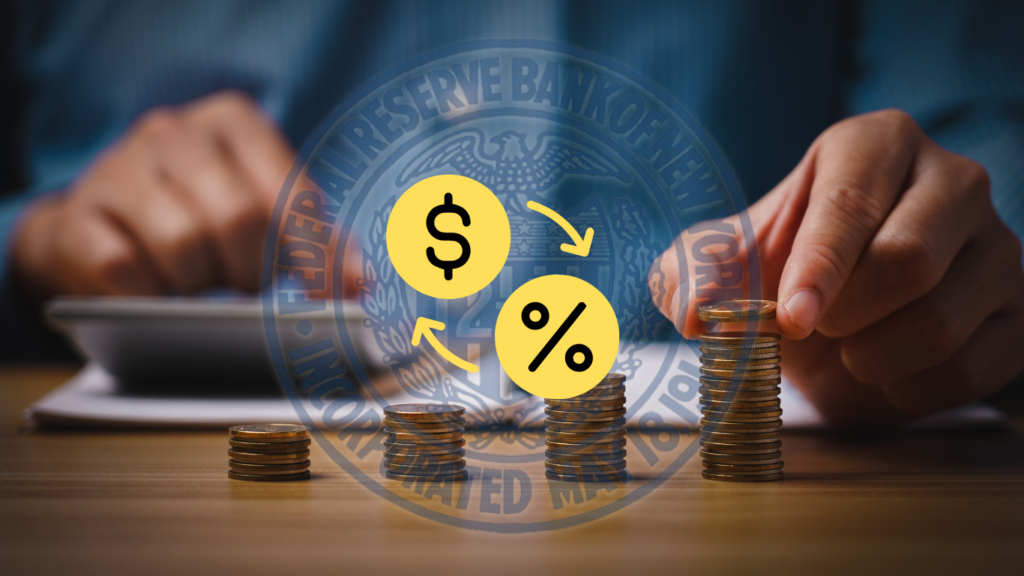A potential Fed Rate Cut in November is at the center of discussions on Wall Street, as the latest U.S. economic data continues to fall short of expectations. This has made it more likely that the Federal Reserve will cut interest rates, sparking debates on what the decision might mean for the broader financial markets.
The Timing of the Fed Rate Cut
In September, the Federal Open Market Committee (FOMC) took a significant step by cutting interest rates by 50 basis points. This marked a shift from nearly four years of tight monetary policy. At that time, Federal Reserve Chairman Jerome Powell indicated that more cuts could follow, depending on future economic conditions.
Recent data has strengthened the case for further reductions. Although the U.S. Producer Price Index (PPI) inflation figures came in hotter than expected, concerns over rising jobless claims persist. These trends have led many analysts to predict a 25 basis point Fed Rate Cut in November, with another possible cut in December.
The Federal Reserve’s Beige Book report has added to the sense of urgency, hinting at the need for additional rate cuts. However, the exact timing remains a point of speculation, especially with the upcoming U.S. presidential election.
The next policy meeting of the Federal Reserve is set for November 7, just two days after the election between Donald Trump and Kamala Harris. The uncertainty surrounding the election results may further complicate market reactions, as investors will likely adopt a cautious approach due to the unpredictable nature of the political landscape.
Upcoming data releases, such as the PCE inflation report and October’s job report, are expected to provide more insight into whether the Fed will move forward with the planned rate cuts.
Impact on Bitcoin and Digital Currencies
A Fed Rate Cut is not only significant for traditional financial markets but also for the cryptocurrency space, particularly Bitcoin (BTC). Historically, rate cuts have proven to be bullish for Bitcoin and the broader crypto market. Many investors view Bitcoin as a hedge against inflation, and with a potential devaluation of the U.S. dollar due to excess capital inflows, Bitcoin could see a rise in investor interest.
This sentiment is already gaining traction as companies begin to explore digital currencies as a safe haven for their capital. In a surprising development, Microsoft shareholders are set to vote on whether the company should invest in Bitcoin. Michael Saylor, a prominent Bitcoin advocate, has even offered to guide Microsoft on how to generate significant returns from such an investment.
As the Federal Reserve prepares for its November meeting, all eyes will be on how the Fed Rate Cut impacts not just traditional markets but also the evolving cryptocurrency landscape.
Also Read: Ripple Submits Form C Cross-Appeal: Strong Progress Amid SEC Lawsuit

